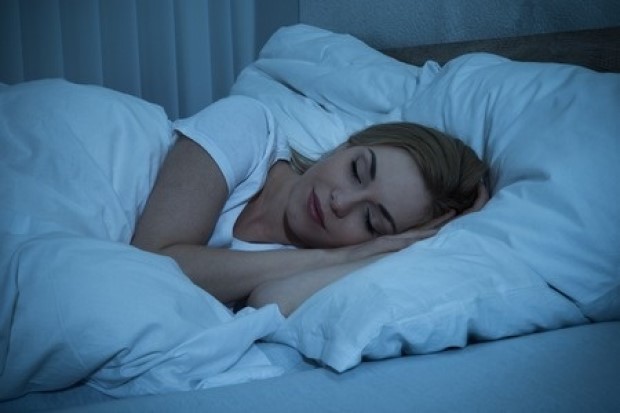
Let’s just be frank: We are a nation of bedtime procrastinators.
One more episode of your favorite television show streamed online. Just one more load of laundry. Oh, just a little more time cruising the web. Finally, the kids are asleep. Wait! What if I received a really important email?
According to researchers at Utrecht University in the Netherlands participants in their study of “bedtime procrastination” found that half of the participants reported going to bed later than they wanted at least twice a week.
I know I’m guilty. Probably more than two times a week. And for sure, client after client tell me that they just “don’t have time” to sleep.
But here’s the thing: Want better health? Go to bed!
This may seem like a no-brainer, but we steal from our sleep in order to “get everything done.” And the reality is most people engage in “time sucks,” activities that simply waste our time, such as social media, cruising the web, checking email umpteen times, watching mindless television. Zap that stuff and surely you would have enough time “to get stuff done.”
Everything you do throughout the day requires a good night’s sleep. When we don’t sleep enough we eat more (think about how when you are tired you reach for a sweet treat to get you going), learn less, and quite frankly we’re cranky!
The Harvard Women’s Health Watch suggests six reasons to get enough sleep:
1. Learning and memory: Sleep helps the brain commit new information to memory through a process called memory consolidation. In studies, people who’d slept after learning a task did better on tests later.
2. Metabolism and weight: Chronic sleep deprivation may cause weight gain by affecting the way our bodies process and store carbohydrates, and by altering levels of hormones that affect our appetite.
3. Safety: Lack of sleep affects our ability to function. When sleep deprived we make more mistakes. You run the risk of slipping and falling, cutting yourself while cooking or forgetting that you left a pot of water to boil on the stove (guilty!). Research has shown that sleep-deprived drivers are equally impaired as those driving while drunk.
4. Mood: Sleep loss may result in irritability, impatience, inability to concentrate, and moodiness. Too little sleep can also leave you too tired to do the things you like to do.
5. Cardiovascular health: Serious sleep disorders have been linked to hypertension, increased stress hormone levels, and irregular heartbeat.
6. Disease: Sleep deprivation alters immune function, including the activity of the body’s killer cells. Keeping up with sleep may also help fight cancer.
So, with all these benefits, what gives? As a culture we tend to look down on sleep. Getting too much — or even just enough — is considered a luxury and implies softness. Some sleep-deprived people take pride in doing too much and sleeping too little, and wear it like a badge of honor.
What to do?
1. Go To Bed! It seems nothing has really changed since we were kids fighting with our parents about going to bed. But now, we justify it to ourselves and pay in very real ways. Getting ready for bed, it seems, is just one more thing to do.
2. Create a bedtime ritual. Make it begin the same time every night and stick with it. For instance, take a shower, play soothing music, read, think about how to start slowing down your mind and body.
3. Ban all electronic devices and screens: including an electronic reader. The light activates the brain.
4. Listen to guided meditation while falling asleep: many people fall asleep to their television or with their computers on their laps and then have a hard time falling asleep without those “” They have built an association between the device and sleep. The caveat is that the crutch actually delays going to sleep. So, create a new, sleep-inducing association — guided sleep meditation is perfect.
5. Create a sleep atmosphere: quiet, calming, uncluttered, cool in temperature, and perhaps even aromatherapy. Think about “setting the stage” for sleep.
And sleep. Blissful, restorative sleep. Your body will thank you.



